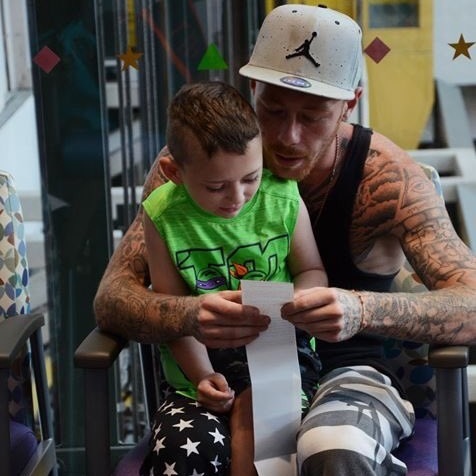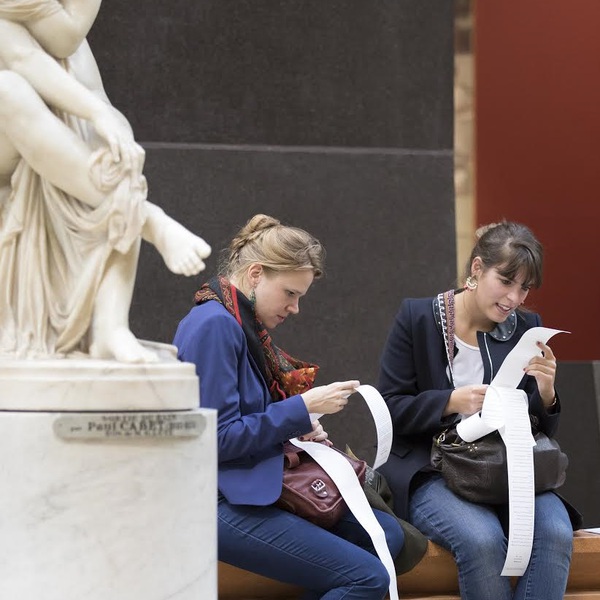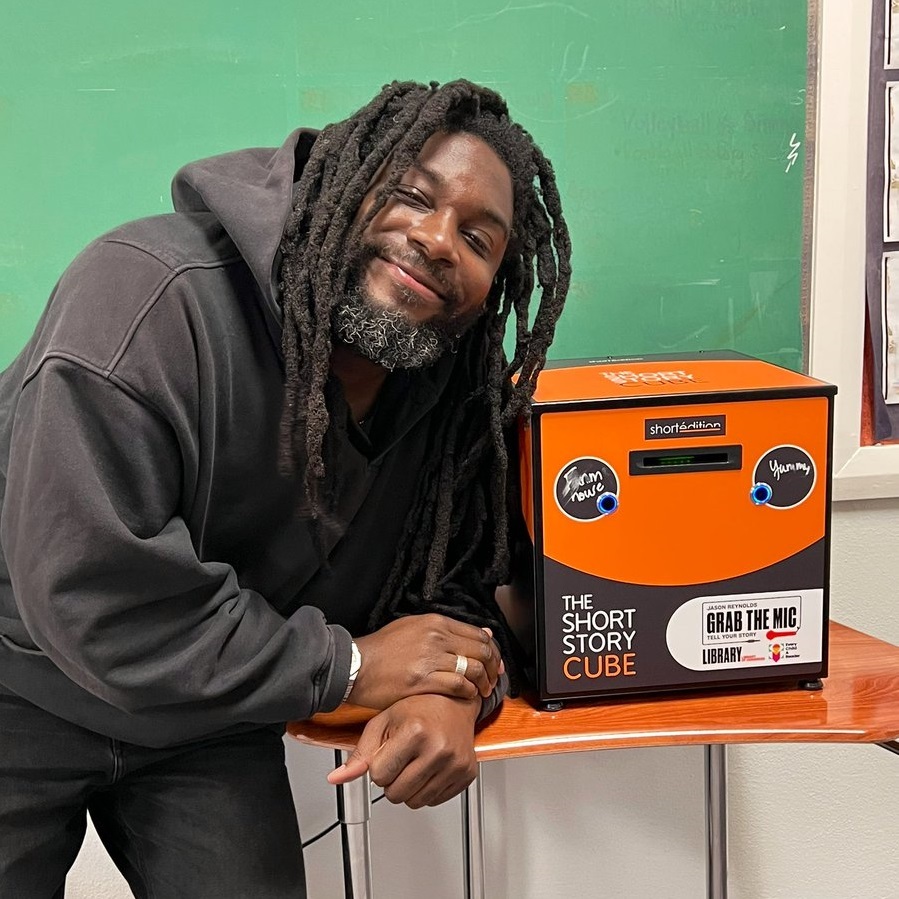Thomas had put on his best new school shoes, since it was the first day of the new year.
This morning, when the alarm had gone off, Thomas had woken with a jump.
But now that was already an
...
[+]









